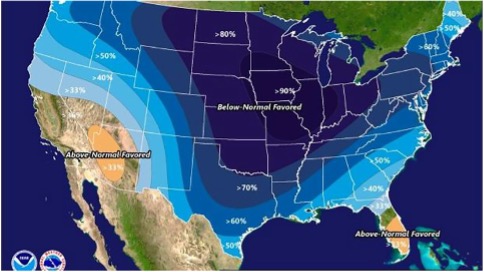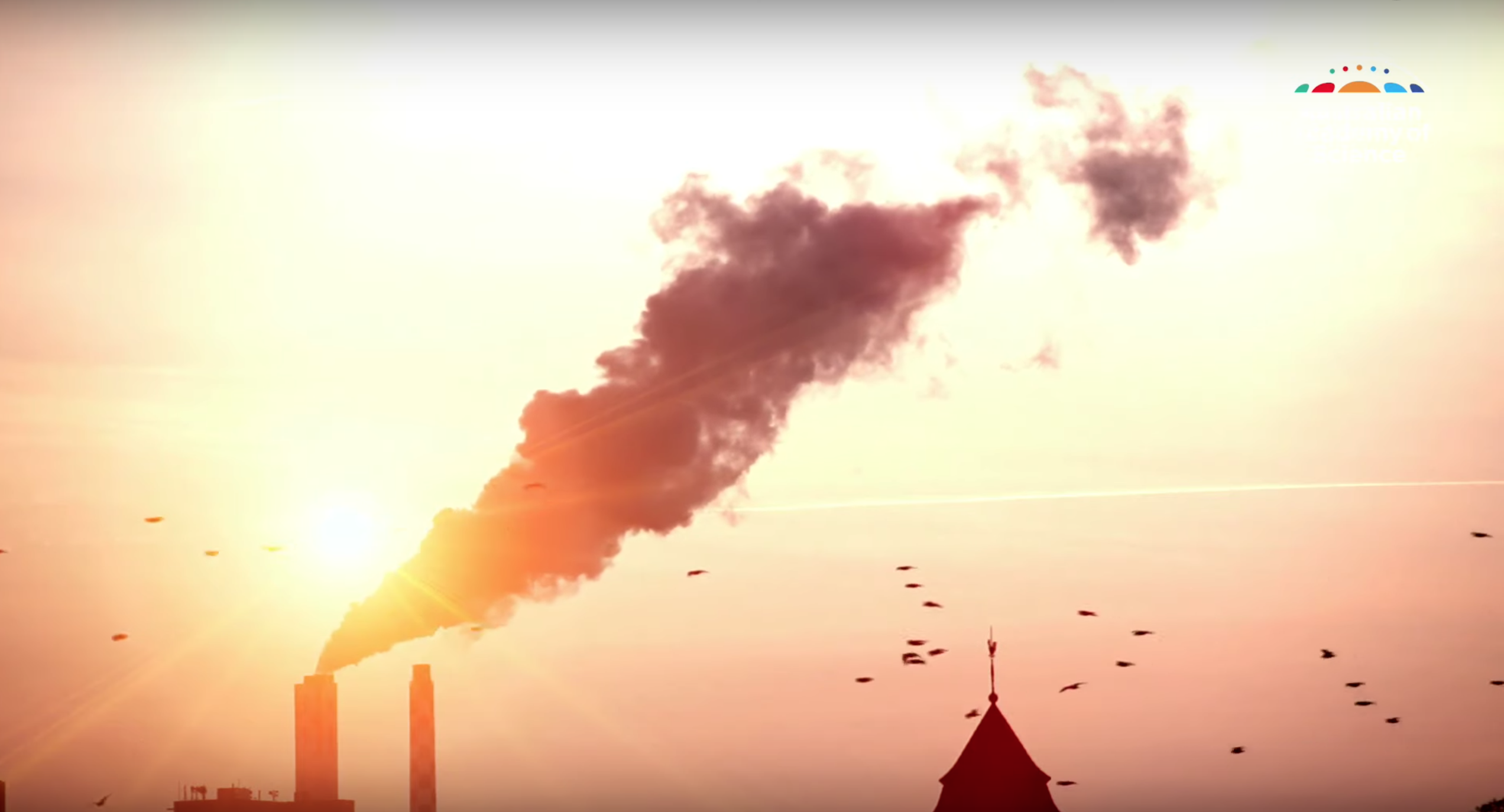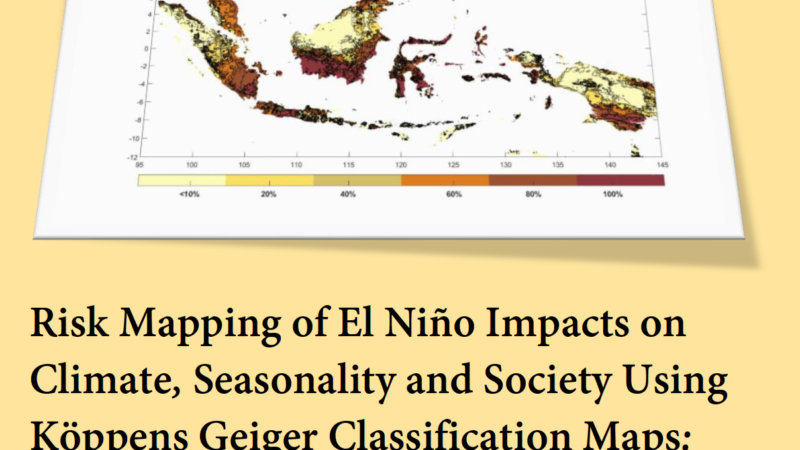Go to see http://www.exploratorium.edu/el_nino/sessions.html
In September 2004, the Exploratorium covered a conference in the Galapagos Islands organized by the National Center for Atmospheric Research (www.esig.ucar.edu/galapagos/index.html). The conference, held at the Charles Darwin Research Center on Santa Cruz Island, focused on atmospheric science, biological and conservation issues, and the social implications of El Niño forecasting on developing Pacific Rim countries. Conservation scientists have a growing interest in climate forecasting and early warning systems to improve their efforts in researching ecosystem responses, including human responses, to various “shocks.” Shocks are disturbances or abrupt changes in an ecosystem, caused by such things as extreme weather, natural disasters, and climate shifts (the latter are responsible for El Niño and La Niña). Shocks can also be human-caused disturbances, such as deforestation, pollution, and over fishing.
Web producer and correspondent Mary K. Miller posted dispatches and images from the conference as well as streaming audio files of individual sessions. Some of the topics explored at the meeting and on the Exploratorium Web site include the unique setting in the Galapagos and the challenges posed by both climate fluctuations and a burgeoning population on this iconic biological preserve. In 1998, the Exploratorium first teamed up with NCAR, producing a live audio Webcast and dispatches from the La Niña Summit. (www.exploratorium.edu/la_nina).
El Nino Early Warning Report from Galapagos. About, Retrieved from http://www.exploratorium.edu/el_nino/about.html



